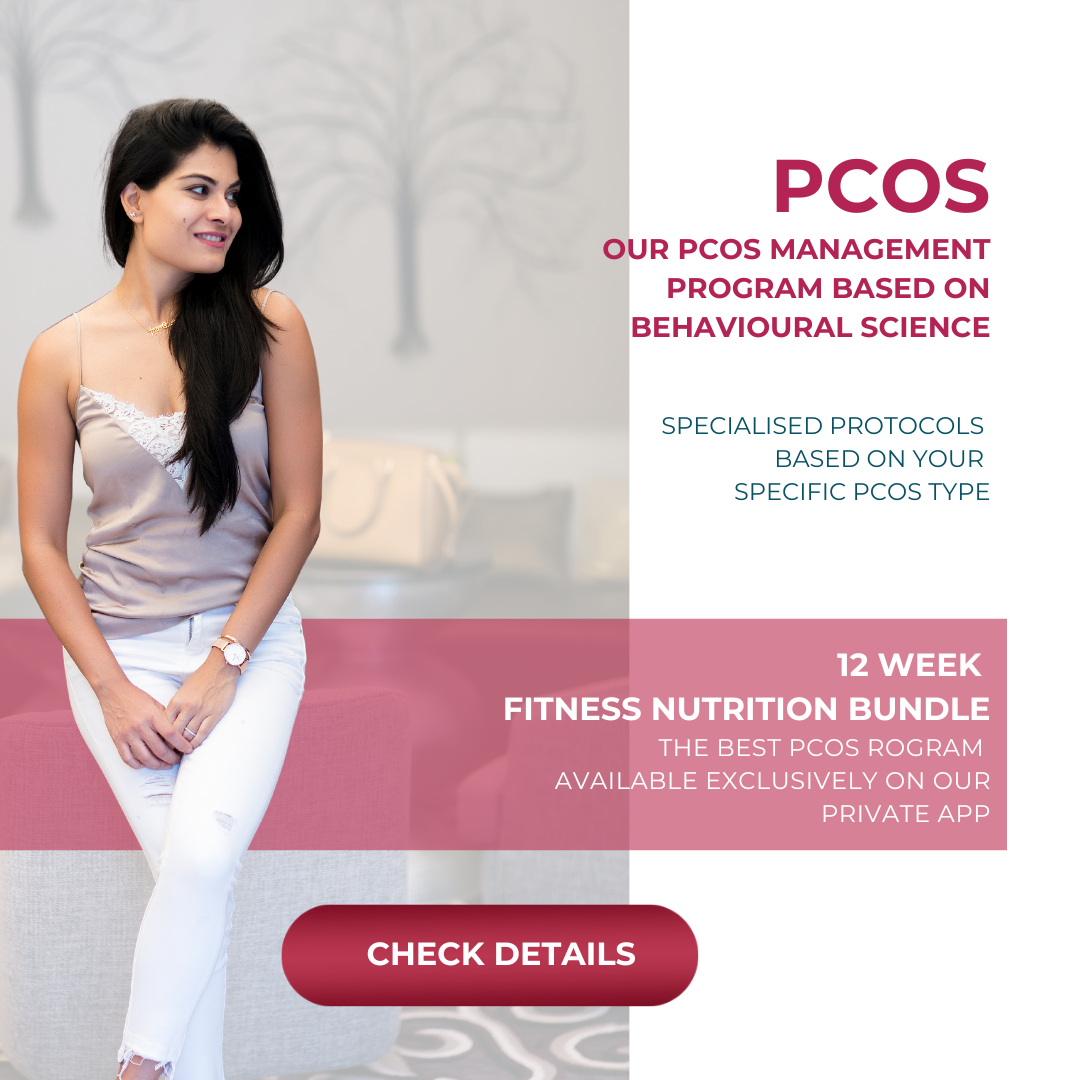habit - choose better proteins
What does it mean to "choose better proteins"?
This practice is about:
-
knowing what your usual options and choices for proteins are.
-
identifying your criteria for "better".
-
choosing proteins that are a little bit better along your continuum of quality, consistently.
Why and how to practice
What's "better"?
What makes any one protein better than the next?
There's no absolute right answer. "Better" choices are always relative.
The best way to make improvements is to start with assessing where you currently are:
-
Know where you're starting
What's your current baseline ("normal") protein intake?
The best way to make improvements is to start with assessing where you currently are.
-
Define your personal continuum of "better"
What's your current decision-making criteria for choosing protein?
Below are a couple of standards for creating your own protein continuum and making choices that move you along to better.
Proteins can be assessed based on:
-
What's nutritionally better
-
What's personally better, for your lifestyle and deep health
What makes a protein nutritionally "better"?
This is an international list to make it applicable to everyone
Nutritional quality
Better proteins are less-processed, generally leaner, and closer to their original source. For the most part, you can tell a food is less-processed by how close it looks to its wild form.
For example, with animal protein like a chicken breast, you can tell generally which part of the animal it came from. That's unlike a more-processed and packaged hot dog, that's ground and wrapped in casing.
For plant proteins, lentils and beans look like parts of their parent plant. That's unlike plant-based meats, which have gone through more processing steps to get it to their current form.
These proteins are more nutrient-rich. They contain a wide array of not only amino acids (the building blocks of protein), but also vitamins, minerals and other beneficial nutrients.
Better proteins are more nutrient-dense. This means that better proteins have more nutrition per calorie. That's things like vitamins, minerals, phytonutrients or zoonutrients, fiber, and even more protein and less fat and/or sugar.
For example, with animal protein like ground beef, leaner cuts contain more protein, less fat, and fewer overall calories per palm-sized portion.
For plant proteins, regular tofu is going to have less fat and fewer calories than fried tofu. And contain greater amounts of phytonutrients and antioxidants that are depleted due to the frying process.
Better proteins have few pre-added ingredients. And if they do have pre-added ingredients, better proteins have higher-quality ingredients. If the food has added ingredients, there are fewer refined and highly-processed ingredients.
For example, they use healthier oils like olive oil or avocado oil instead of soybean oil or hydrogenated oils. Or there are fewer non-nutritional additives like preservatives, colors, and artificial sweeteners.
What makes your proteins personally "better", for your lifestyle and deep health?

Below are some more criteria for assessing how any particular protein is right in relationship to you, your life, and all dimensions of deep health.
Your food choices can interact with any or all of these dimensions.
Deep health
Better proteins interact well with the unique biology of your body, based on your genetics, preferences, and food intolerances or allergies.
For example, perhaps certain dairy protein makes you feel lethargic and gassy, where plant protein makes you feel light and energetic. Or conversely, perhaps meat protein helps you feel more satisfied from meals than plant protein.
Better proteins are ones that are easily accessible to you. They don't require exhausting mental effort or unreasonable amounts of time to get, plan and prep. You can fit the food within your lifestyle consistently, relatively effortlessly.
For example, some factors to consider are:
- Easy access to have the food available when you want it
- Time and effort to prep, cook, and store
Alternatively, better proteins can be ones that challenge your mental creativity to explore and be adventurous with your food. You decide how your food choices fit your lifestyle and priorities.
Better proteins are ones that you like, simply. Your personal preferences matter, no matter what the rationale. Better proteins are ones that you enjoy and help you feel grounded, connected, and purposeful in your choices.
Better proteins are ones that help you feel connected to the people most important to you. Sharing food is a critical way to bond and make healthy relationships thrive. The foods that are celebrated in your relationships and communities probably also have a place in your personal continuum of "better".
Better proteins follow more natural ecological growing processes. They have fewer potentially hazardous chemicals added to their supply chain.
For example, certified organic is the most widely adopted growing practice to support the foods' natural ecology. Plant and animal protein that are certified organic means that they were raised with fewer synthetic pesticides and fertilizers.
Better proteins move you towards your goals. A food can change between "better" and "worse" depending on what you want it to achieve for you in the moment.
For example, if you're experimenting with a plant-based diet, then a lot of animal protein isn't the right choice for you and your goals right now. That could be a more balanced approach than labeling animal protein as "bad" or wrong always and forever.


